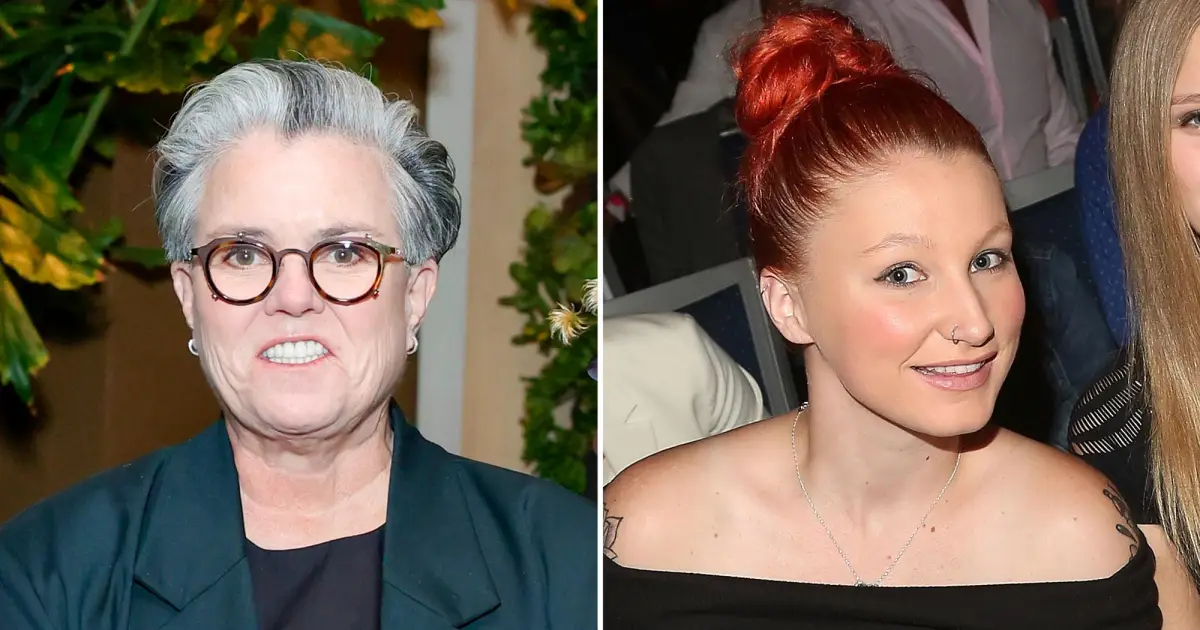Copyright thedispatch

The Senate voted 60-40 on Sunday night to move forward with a temporary funding package aimed at ending the 40-day government shutdown, the longest in U.S. history. Eight members of the Democratic caucus—Jeanne Shaheen and Maggie Hassan of New Hampshire, Dick Durbin of Illinois, Tim Kaine of Virginia, John Fetterman of Pennsylvania, Catherine Cortez Masto and Jacky Rosen of Nevada—joined by independent Angus King of Maine, crossed the aisle to support the bill. The package does not include extended health care subsidies, but Senate Republicans agreed to hold a vote on the issue. This is but a step in passing the package, which would need additional votes before it’s sent to the House of Representatives. If passed, the measure would fund the government through January 30, providing Congress with time to negotiate a full annual appropriations bill or another continuing resolution. Democratic congressional leaders, including Senate Minority Leader Chuck Schumer and House Minority Leader Hakeem Jeffries, oppose the bill. On Friday night, Supreme Court Justice Ketanji Brown Jackson issued an emergency ruling to temporarily block a federal judge’s ruling that required President Donald Trump’s administration to distribute all Supplemental Nutrition Assistance Program (SNAP) benefits during the shutdown. Jackson ruled that the lower-court ruling will be stayed until 48 hours after an appeals court decides on the merits of the case. On Sunday, the Department of Agriculture ordered states to “undo any steps taken to issue full SNAP benefits for November 2025,” according to Deputy Undersecretary Patrick Penn, warning that full payments were “unauthorized.” To learn more about Jackson’s ruling, read Amy Howe’s piece at SCOTUSblog. Overnight Friday, Russia launched a missile and drone attack on Ukrainian energy infrastructure—including substations powering nuclear power plants—killing at least seven people. Ukrainian Foreign Minister Andrii Sybiha tweeted on Saturday that “Russia is deliberately endangering nuclear safety in Europe,” and called for the United Nations’ nuclear watchdog, the International Atomic Energy Agency, to meet and “respond to these unacceptable risks.” On Saturday night, Russia launched a further 69 drones at Ukrainian energy facilities, almost half of which the Ukrainian forces shot down. Ukraine responded on Sunday, striking energy infrastructure across Russian border regions, leaving more than 20,000 people without power. The latest action comes a week after Russian leader Vladimir Putin signed a law activating reserve forces for “special training” to protect critical infrastructure. Meanwhile, Kremlin spokesman Dmitry Peskov refuted claims that Russian Foreign Minister Sergei Lavrov had “fallen out of favor” with Putin. He added, “Lavrov is certainly continuing to serve as foreign minister.” James Watson, the Nobel Prize-winning scientist who co-discovered the double helix structure of DNA and led the Human Genome Project, died on Thursday at the age of 97. Watson, along with British scientist Francis Crick, co-authored a 1953 paper in Nature proposing that DNA, the genetic makeup for all living things, took the shape of a twisted ladder, or double helix. The discovery—made when Watson was just 25 years old—revolutionized biology and opened pathways to modern genetics, genomics, and personalized medicine. In 1962, Watson, Crick, and Maurice Wilkins, a New Zealand-British biophysicist, were awarded the Nobel Prize in Physiology or Medicine. In 1965, Watson published Molecular Biology of the Gene, which became one of the most widely used biology textbooks. He is survived by his wife, Elizabeth Lewis Watson, and their two sons, Rufus and Duncan. The Recording Academy announced Grammy Awards nominations on Friday, with Kendrick Lamar receiving the most, at nine, including for record, song, and album of the year. Lamar’s nominations mark the third time he has simultaneously competed in all three major categories, and his album “GNX” represents his fifth consecutive studio album nominated for album of the year—a feat no other artist has achieved. Lady Gaga tied for second-most nominations with producers Jack Antonoff and Cirkut, receiving seven, and Sabrina Carpenter, Bad Bunny, and Leon Thomas each earned six. Bad Bunny is the first Spanish-language artist to simultaneously receive nominations in the album, record, and song of the year categories. This will be the first Grammys to separate the country album awards into best traditional country album and best contemporary country album. The music from Netflix’s KPop Demon Hunters received four nominations, including song of the year for “Golden,” and Supreme Court Justice Jackson was nominated for best audiobook. The Grammy Awards ceremony will be held on February 1, 2026, in Los Angeles.



